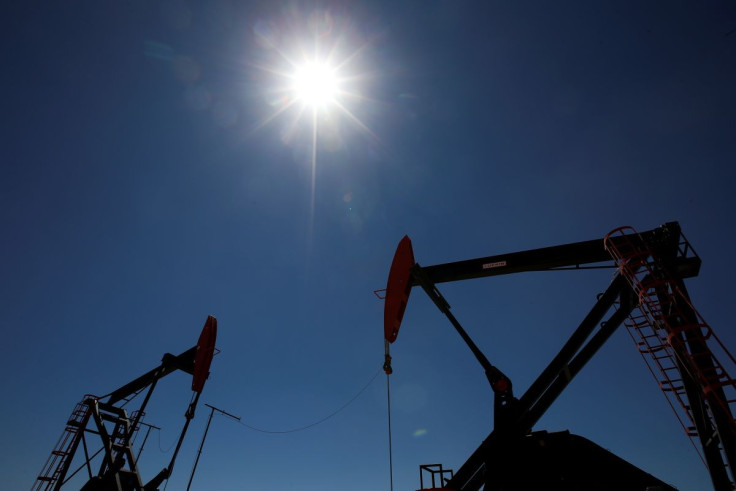Oil Falls On Beijing's COVID-19 Warning, Inflation Worries

Oil prices sank more than 2% on Monday, as a flare-up in COVID-19 cases in Beijing and worries about more interest rate hikes raised concerns about the demand outlook.
Brent crude fell $2.54, or 2.1%, to $119.47 a barrel at 11:05 a.m. EDT (1505 GMT). U.S. West Texas Intermediate crude fell $2.68, or 2.2%, to $117.99 a barrel.
Beijing's most populous district Chaoyang announced three rounds of mass testing to quell a "ferocious" COVID-19 outbreak that emerged last week.
"We don't know what's going to happen with China. The mood is dour right now," said Phil Flynn, analyst at Price Futures.
Concern about further rate hikes, heightened by Friday's U.S. inflation data showing the consumer price index rose 8.6% last month, also pressured oil lower. [MKTS/GLOB]
Other financial markets fell too, as investors worried the Federal Reserve may tighten policy too aggressively and cause a sharp slowdown. The S&P 500 was on track to confirm a bear market. The next Fed policy decision is on Wednesday.
Oil has surged in 2022 as Russia's invasion of Ukraine compounded supply concerns and as oil demand recovered from COVID lockdowns. In March Brent hit $139, the highest since 2008. Last week, both oil benchmarks rose more than 1%.
On Saturday, the average price of U.S. gasoline exceeded $5 a gallon for the first time, data from the AAA showed.
Oil supplies remain tight, with OPEC and its allies unable to fully deliver on pledged output increases because of a lack of capacity in many producers, sanctions on Russia, and output in Libya roughly halved by unrest.
"The supply/demand dynamics remain supportive of prices," said Jeffery Halley of brokerage OANDA, who sees an extended oil sell-off as unlikely "unless U.S. markets move to price in a full-blown recession" and there are new lockdowns in China.
© Copyright Thomson Reuters {{Year}}. All rights reserved.




















